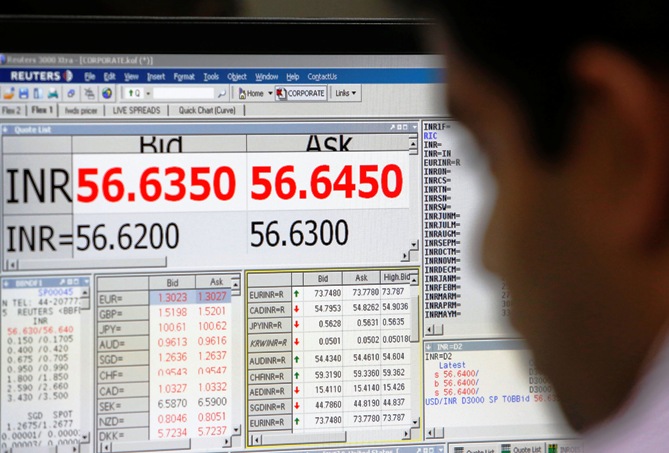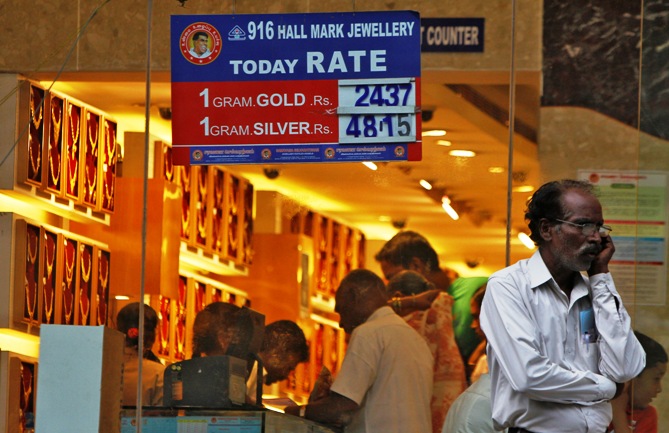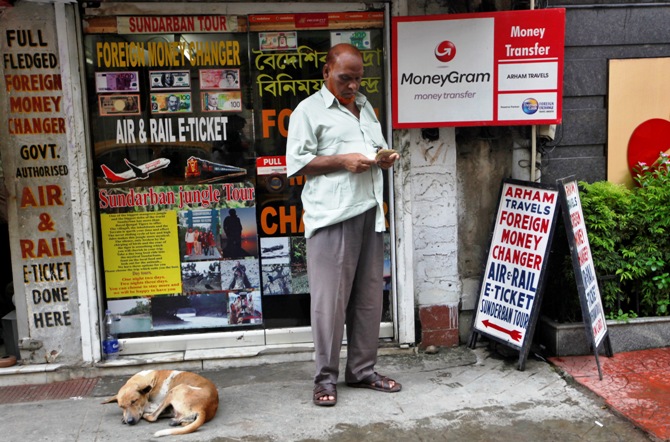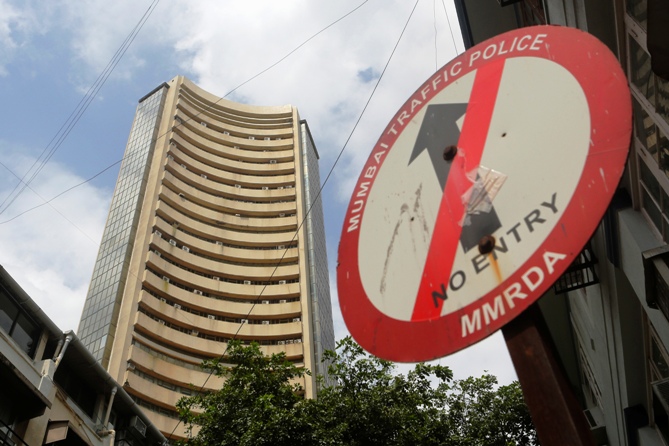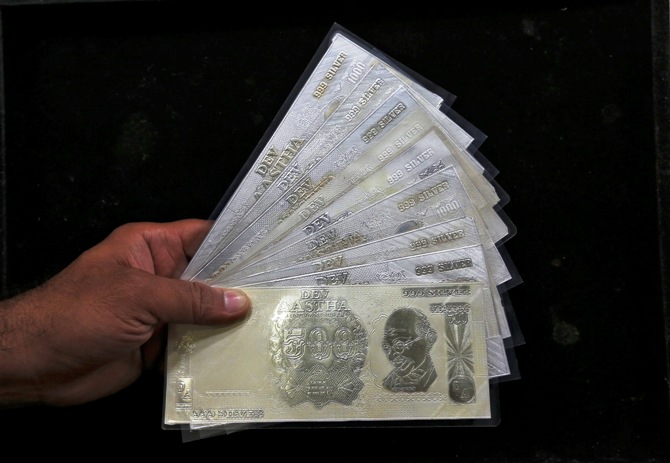 | « Back to article | Print this article |
Why you shouldn't invest lump sum before elections
One should continue with SIPs but making a large investment in uncertain times can lead to losses if the election results aren’t positive for the economy, notes Neha Pandey Deoras
With just six months to go for the general elections, market participants are waiting with bated breath for this major event to get over.
For retail investors, there is a sense of uncertainty as well.
The reason: If things were to go right, that is, one party comes to power with a majority or minor help from allies, it would be seen as a positive signal.
On the other hand, a hung parliament would only complicate matters further.
Click NEXT to read further. . .
Why you shouldn't invest lump sum before elections
As Nitin Jain, country head -- capital market of Edelweiss Wealth, says the positive impact could be to the tune of 15-20 per cent. In case of a negative result, the downside could be 8-10 per cent.
With the BSE Sensitive Index, or the S&P Sensex, hasn’t given much confidence during the year as it is up just four per cent year-to-date.
And, there has been high volatility.
Even going ahead, there aren’t great expectations. Market experts like Arun Kejriwal of Kris Securities say at best, the market could move another four-five per cent till elections.
Click NEXT to read further. . .
Why you shouldn't invest lump sum before elections
Clearly, the upside or downside in the market could be more pronounced after the elections.
And for the retail investor, who has barely made money from the index this year, there could be good opportunities then.
In other words, if you have not invested in the market aggressively till now, there isn’t any reason to commit a lump sum in either stocks or mutual funds.
Of course, if you are investing through a systematic investment plan, you should continue these.
At best, invest-in-parts. Vikram Dhawan, director at Equentis Capital. “I wouldn't advise investing all the surplus at this juncture.
Click NEXT to read further. . .
Why you shouldn't invest lump sum before elections
“At the same time, I wouldn't advise sitting on cash. I feel use a part of the surplus to buy blue chip stocks.”
Others like Kejriwal feel the disadvantage of waiting for elections to invest will be that you will get stocks at a premium. But it comes with a caveat: “But invest after December 8, after the results of the four states -- Delhi, Chattisgarh, Madhya Pradesh and Rajasthan -- as it will give some direction.”
Some feel that the market reaction, even on the negative side, would be limited.
“There are chances that a expected elections results don't come true.
In that case, there could be a knee-jerk reaction in the market.
Click NEXT to read further. . .
Why you shouldn't invest lump sum before elections
But, that will be temporary and there will upside from there on,” says Sudhakar Ramasubramanian, managing director, Aditya Birla Money.
Entering then would mean that stocks would be cheaper. However, if you want to invest in the coming days, there are quite a few interesting opportunities for the investor.
Of course, in ideal circumstances you should not be timing the market.
But in case of events that could have a major impact on the economy, there would be a case that one should wait for the event to get over before investing or re-alinging the portfolio, especially since there would be another Budget after the elections.
Till then, there are some interesting opportunities for the investor.
For instance, a number of companies will launch tax-free bonds.
Then, the government’s divestment programme of companies like Coal India, Indian Oil and Power Grid and Hindustan Zinc could be attractive for investors. For ones, who want to save on tax, there would be the Rajiv Gandhi Equity Scheme and equity-linked savings schemes from mutual funds.
